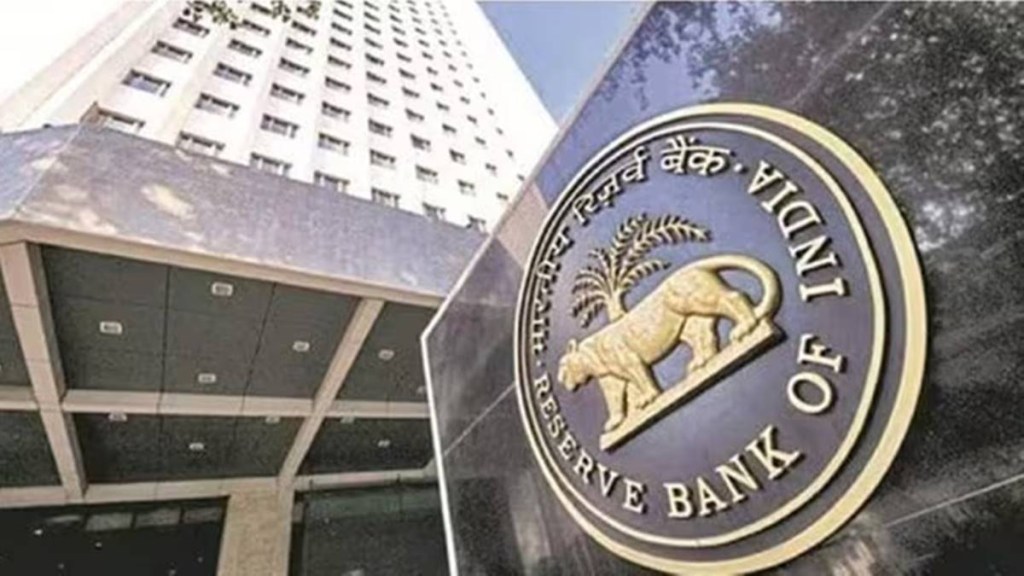The term of three external members of the Reserve Bank of India’s (RBI) monetary policy committee (MPC) will expire this Friday. So who are their successors? The short answer: Not known as yet. Suspense over critical appointments has almost become a way of life in India, though it can be distracting and unsettling. That fact that the three MPC members will retire after their four-year term was well known, yet the selection panel hasn’t disclosed when they will release their names that would require approval from the Prime Minister’s Office. This is despite the fact that the new MPC members will have to start deliberating on the monetary policy on October 7. Some lessons, it seems, are never learnt. For example, a delay in the appointments risks a repeat of 2020, when the RBI had to postpone its rate decision because the new committee members hadn’t been appointed in time.
The delay that time was still understandable given the pandemic-led disruptions, but nothing explains the reasons now, except for a strong desire to follow a bad tradition of endless delay in critical appointments. It’s grossly unfair for the incoming members too; however distinguished their record may be as economists, they deserve some breathing time before participating in a meeting as important as the MPC’s. Many say this is immaterial as the MPC is unlikely to make a sharp pivot in October policy as the internal RBI members remain the same for now, but that’s clearly not the point. No one knows why India should not follow other central banks in having a more transparent process in selecting key candidates. At the Bank of England, for example, four external MPC members are appointed through an open and public process where the applicants are known before the selection is made.
Other important institutions have suffered similar fate due to the indecision and delay on the part of the authorities concerned. Take the case of former Securities and Exchange Board of India (Sebi) chairman Ajay Tyagi. In January 2020, the government invited applications for the Sebi chairman’s post since Tyagi’s three-year term was coming to an end in February. His term was extended for six months in February. He received another extension in August, this time for 18 months. Tyagi had initially been appointed for five years in February 2017. Within a few days of his appointment, his term was cut short to three years.
Former State Bank of India chairman P G Kakodkar had written about the circumstances under which he took over as chairman: The earlier chairman had retired on August 31, but the government had not chosen his successor; so the managing director, who was to retire after a month, was directed to look after the office of chairman for one month. On the last day of the MD’s tenure, Kakodkar returned home after office hours but a finance ministry official called him to say he should take charge as chairman immediately! Cut to the end of his tenure in March 1997, and the same story almost got repeated. No decision was taken on his successor even on March 30, Kakodkar’s penultimate day in office. On March 31 — his last day as chairman — he telephoned the finance secretary who told him that the selection was done, but it was still awaiting the signature of the PM. The situation has certainly improved, but only just.

